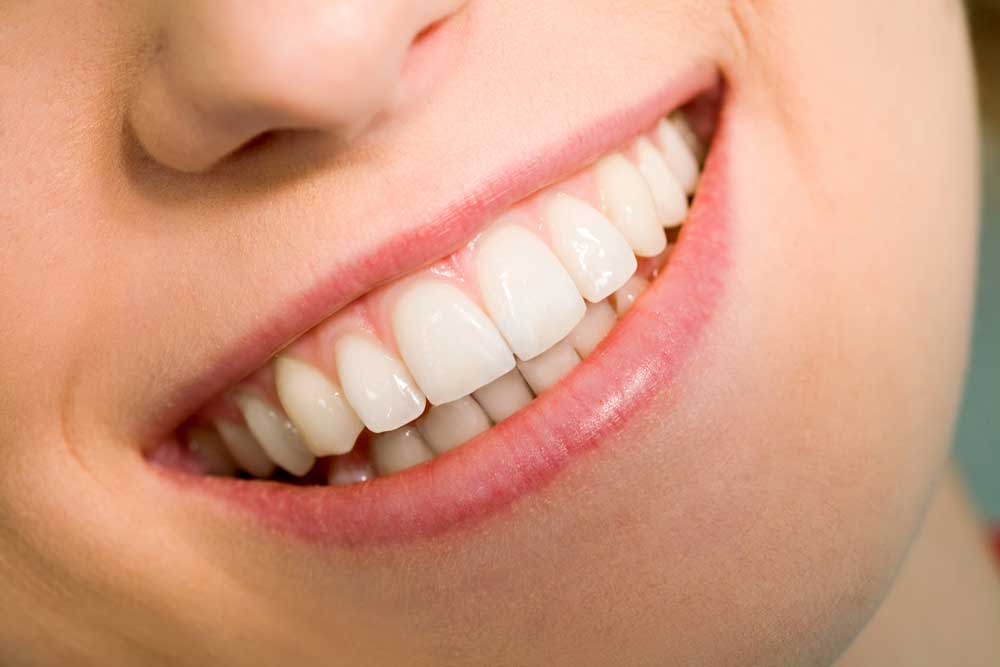Featured
- Get link
- X
- Other Apps
Periodontitis Treatments And Cures; Inflammation Of Gums
Periodontitis is caused due to severe infection in the gums. Usually, it is caused by bacterias that accumulate on your teeth and gums. With the progression of the periodontitis, your bones and teeth may be damaged. Moreover, if periodontitis is detected and treated early and you practice oral hygiene properly, destruction can be stopped. Such types of conditions require periodontal treatment.
What are the different stages of periodontitis?
Inflammation (gingivitis):

Periodontitis develops as gum inflammation and keeps becoming worse over time. One of the common signs that you will notice is that gum starts bleeding when you brush or floss your teeth. It requires periodontal maintenance.
It might be possible that you will notice some discoloration on your teeth which is called plaque. Plaque is the formation of bacteria and food trash depositing on your teeth. Although the bacterias are always prompted in your mouth, the condition becomes harmful when they start multiplying fastly as they get suitable conditions to develop. This type of situation occurs when you don’t brush or floss your teeth on a regular basis. You should go for periodontal disease treatment Houston when you notice any symptoms.
Early periodontal disease:
During the early stages of periodontitis, your gums start receding. Also, they pull away from your teeth developing small pockets between gums and teeth. The pockets become a house of bacteria. Your immune system tries to prevent infection and your gums tissue starts to recede. Maybe you experience bleeding in the gums during brushing and flossing as well leading to bone loss.
Moderate periodontal disease:
In this stage, you may feel bleeding and pain around the teeth and gum recession. Slowly and gradually, your teeth will start losing bone support and lastly become loose. The infection may also convert into an inflammatory response throughout your body.
Advanced periodontal disease:
In the advanced stages, the conjugative tissue that supports your teeth in place starts to worsen. Furthermore, the bones, gums, and other connective tissues holding your teeth are also damaged.
If you are experiencing advanced periodontitis, you may feel excess pain while chewing. Also, you may experience severe bad breath and bad taste in your mouth. These symptoms indicate that you are about to lose your teeth.

What are the treatments for periodontitis?
Periodontal Gum care near me treatment aims at removing plaque and harmful bacterias that are deposited on your teeth and gums.
Professional cleanings:
During cleaning at the office, your dentists will eliminate plaque buildup and tartar from your teeth and the roots. After that, they polish your teeth and treat them with fluoride. If there are any periodontal pockets in your mouth, they will require deep cleaning for healing. A deep cleaning method involves scaling and root planing that will help eliminate tartar and rough spots on the tooth to prevent the gathering of bacterias.
Antibiotics:
Your dentist may prescribe antibiotics to get rid of persistent gum infections that are still not healed after deep cleaning. The antibiotics may include a mouthwash, gel, or an oral tablet or capsule.
Surgery:
If inflammation keeps going in sites where it is impossible to brush or floss, your dentist may suggest flap surgery to eliminate deposits under your gums. The procedure is conducted under anesthesia.
If you are experiencing persistent gum inflammation, visit your dentist immediately.
- Get link
- X
- Other Apps
Popular Posts
What Parents Need To Know About Invisalign For Teens
- Get link
- X
- Other Apps
Why Porcelain Veneers Are The Best Solution?
- Get link
- X
- Other Apps
Comments
Post a Comment